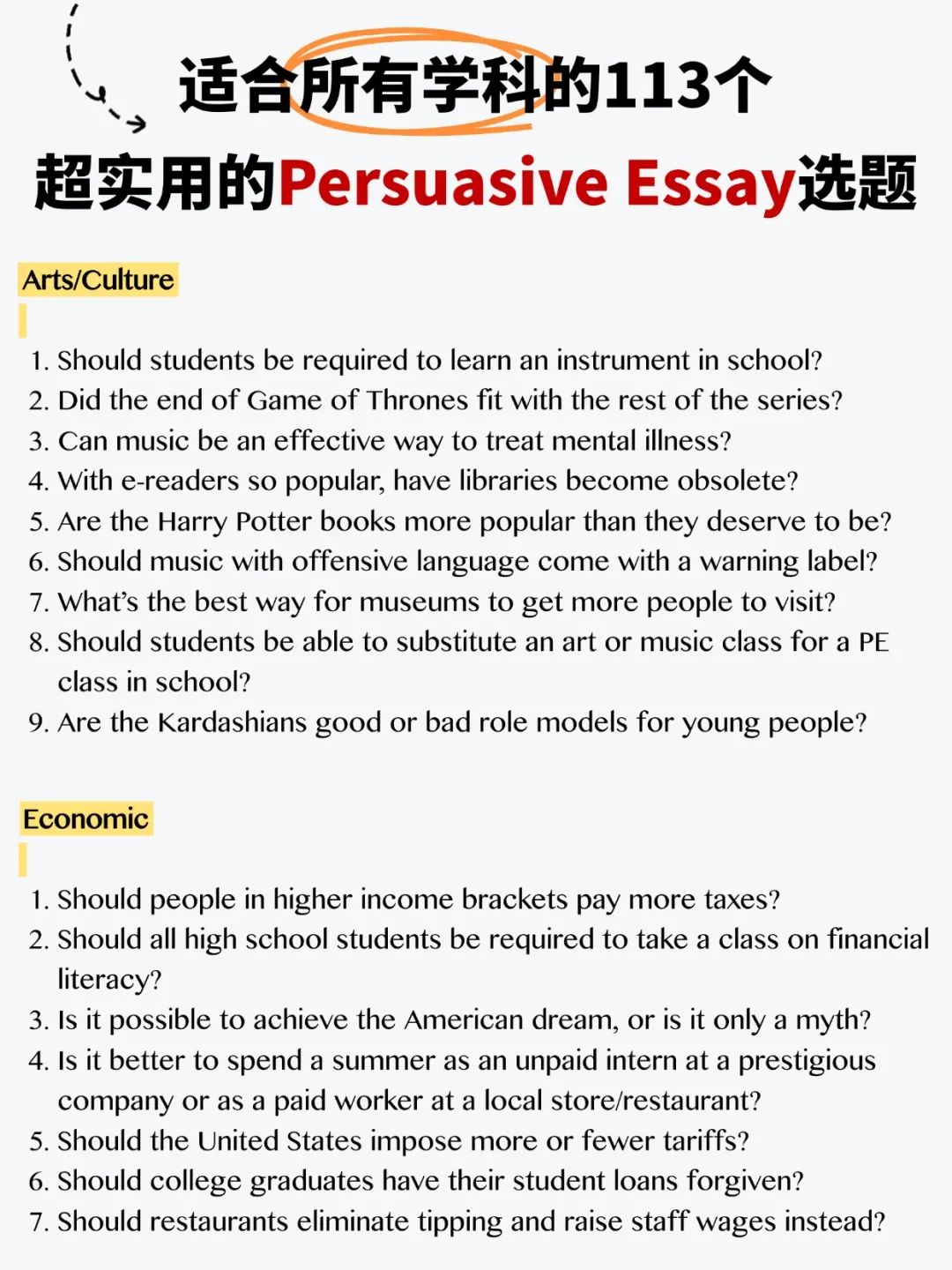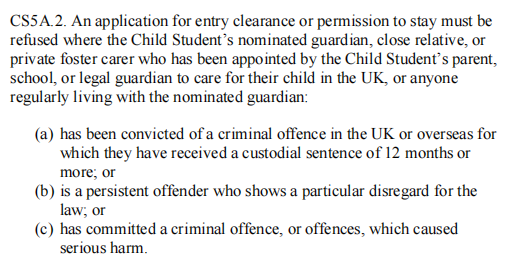随着春季赛5月场线上活动的临近,辩论的热潮也在逐渐升温!多次担任WSDA赛事各项裁判工作的Zaiqi教练如约而至,为大家带来精彩详尽的辩题解析,助你拓展思维,理解辩题背后的深层次问题,找到制胜的关键。
Zaiqi
辩题解析者
- 毕业于美国最顶尖文理学院之一Oberlin College,高中毕业于南京外国语学校,高中阶段任南外辩论社社长;
- WSDA 2017年北京赛区冠军、2016年山东赛区季军、2017年江苏赛区季军、2017年上海赛区国际公开组8强;
- 2018-25年间多次担任WSDA赛事各项裁判工作,多次在全国总决赛和冬季冠军赛担任决赛裁判长。
Topic:
Governments should prioritize funding for common diseases over rare diseases.
各国政府在资金投入上应优先考虑常见疾病而非罕见病。
Preparation Tips备赛建议
在当今医疗资源有限的背景下,政府如何分配公共卫生资金成为一个备受关注的议题。常见疾病如心血管疾病、糖尿病和癌症,影响着成千上万的人,对公共医疗系统构成了巨大负担;而罕见病虽然患病人数较少,但往往需要高昂的研究投入与定制化治疗支持。
面对有限的预算,各国政府是否应优先资助常见疾病,抑或给予罕见病更多关注,体现社会的公平与包容?这不仅是一场关于医疗效率与成本效益的讨论,更是一次对伦理、公平与人道主义精神的深刻考量。
本辩题围绕政府在有限医疗资金下的分配决策展开,探讨是否应优先资助影响人群更广的常见疾病,还是给予人数较少却需求迫切的罕见病更多支持。
正方强调资源效益最大化,认为资助常见病能带来更大的公共健康回报、投资回报和社会关注;
反方则强调道义责任和医学创新潜力,认为忽视罕见病患者有失公平,且相关研究常带来突破性成果。
整场辩论在“效率”与“公平”、“多数利益”与“少数权利”之间寻找平衡点,体现出公共政策制定中典型的伦理与现实冲突。
Topic Overview &Background Info
Healthcare funding is a limited resource, and governments must decide how to allocate it effectively. Common diseases, such as cardiovascular disease, diabetes, and cancer, affect millions and place a heavy burden on healthcare systems. In contrast, rare diseases impact a much smaller portion of the population, often requiring expensive, specialized research and treatments. Proponents of prioritizing common diseases argue that funding should be directed toward the conditions that affect the greatest number of people, maximizing overall public health benefits. Opponents argue that rare disease patients should not be neglected and that investing in rare disease research can lead to medical breakthroughs that benefit broader populations. This debate ultimately revolves around the balance between efficiency, fairness, and moral responsibility in healthcare funding.
Key Term Definitions
Governments:National or regional authorities responsible for public health funding.
Prioritize Funding:Allocate more financial resources toward specific medical conditions.
Common Diseases:Illnesses with high prevalence, such as cancer, cardiovascular disease, and diabetes.
Rare Diseases:Conditions affecting a small percentage of the population, often requiring specialized research and treatments.
Pro Arguments
01、Greater Public Health Impact
Analysis:Common diseases like heart disease, diabetes, and cancer affect hundreds of millions of people worldwide and place a significant burden on public health systems. Allocating more resources to these conditions attends to the need of the largest portion of the population, leading to more lives saved and better overall health outcomes.
Example:"The benefits of the majority outweigh that of the few. Focusing on cancer and heart disease, which affect millions, would save more lives than focusing on rare conditions that affect a few."
02、Better Return on Investment
Analysis:Medical research tends to be costly and requires massive application to cover the cost in the long run. Research into common diseases tends to offer a higher return on investment due to the broader usage. The larger number of patients means that any advancement in medication can be widely used and generate huge profit.
Example:"A drug developed for diabetes could improve the lives of millions, creating a stronger public health return on research funding. It is only with ample funding that researches cancontinue."
03、Larger Public Support and Awareness
Analysis:Since common diseases tend to be more widespread, they often have significant public attention and support. This would result in more public donations and volunteer efforts, which can increase government funding. Focusing on common diseases aligns with public interests and ensures higher levels of collaboration for research and treatment.
Example:"The widespread support for cancer research has led to massive fundraising efforts, making it easier for governments to prioritize funding for such diseases. As a result, breakthroughs happen more easily."
04、Resource Efficiency
Analysis:With limited healthcare budgets, governments must prioritize conditions with the most significant impact on society. At the same time, common diseases also tend to have more established existing material. Funding for common diseases ensures that resources are allocated where they will benefit the greatest number of people with the smallest amount of effort, maximizing societal benefit.
Example:"Funding for mass immunization programs would be more effective and cheaper in preventing widespread outbreaks than funding niche treatments for rare diseases."
Con Arguments
01、Moral Responsibility to Help All
Analysis:Every life is valuable, regardless of whether someone suffers from a common or rare disease. Since the needs of patients with common diseases have already been properly addressed, governments have an ethical obligation to support research for rare diseases, ensuring that those affected by these conditions receive proper care and treatment.
Example:"Even though rare diseases affect fewer people, those who suffer from them still deserve effective treatments. What’s more, those with common diseases could already have their conditions treated."
02、Innovation Through Diversity of Research
Analysis:The mechanisms behind common diseases have already been well understood and could hardly generate any breakthroughs. Research into rare diseases often leads to breakthroughs as it may uncover new treatment methods, diagnostic tools, or scientific insights that can benefit the medical industry and our knowledge.
Example:"Research into rare genetic diseases has led to treatments that can be applied to other conditions, such as cancer therapies. Some of the greatest advancements came from research on rare diseases."
03、Neglected Populations
Analysis:Rare diseases are often overlooked because they affect small populations. These individuals not only face isolation and lack of medical resources but also tend to be discriminated against. Governments should prioritize equity in healthcare by ensuring that both common and rare diseases receive adequate attention and funding.
Example:"Without funding for rare diseases, patients like those with ALS are left with limited treatment options and fewer clinical trials. A small portion of our society would stay neglected anddiscriminated."
04、Long-term Societal Benefits
Analysis:Research on rare diseases can result in long-term benefits by facilitating innovation in medicine and personalized treatments. While the population that immediately benefits from this may be small, advancements made in treating rare diseases can eventually benefit all patients in unique ways.
Example:"The technology used in gene therapy for rare diseases may one day be adapted for common diseases like cancer or neurological disorders."
Strategies
The pro sideshould structure their case around cost-effectiveness, arguing that funding common diseases benefits the majority and reduces overall healthcare costs. They should use data to compare the societal impact of widespread illnesses versus rare conditions.
The con sideshould counter by emphasizing ethical obligations, arguing that rare disease patients are often neglected and that medical advancements for rare diseases can have broader scientific benefits. They should shift the burden onto the pro side to justify why some lives deserve more investment than others.
Both sidesneed to strategically frame the debate around fairness, efficiency, and moral responsibility.
这场辩论是对公共资源分配、医疗公平与人道关怀的深刻思考。希望小辩手们在学习辩题资料后,能够理解不同立场的背后逻辑,挖掘辩题的多重维度,在比赛中游刃有余,展现出更强的辩论技巧与深度思辨能力。
比赛不只是为了赢得胜利,更是为了在思维的碰撞中收获成长。5月场线上活动即将开始,期待小辩手们的精彩表现!













